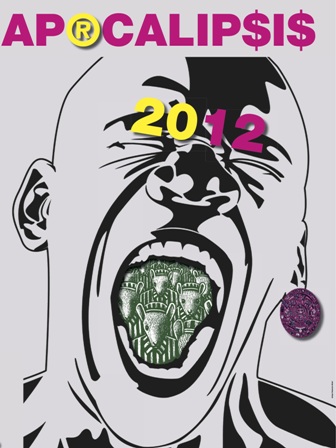La parola di Diamela Eltit: apocalisse senza fine o rivelazione ultima?
DOI:
https://doi.org/10.13130/2035-7680/3112Parole chiave:
Narrativa cilena contemporanea, Diamela Eltit, Apocalisse, Immagine, BiopoliticaAbstract
The application of apocalyptic discourse to postmodern scenarios, particularly those characterised by the trauma of dictatorship, entails calling into question its own underlying assumption, that is, the idea of an end which promises a new beginning. The ultimate goal to which the biblical message – in its tragic deferral – ought to refer is to be found in the domains of deconstruction, re-semantisation, and the quest for new and alternative languages. In addition to the theoretical proposal, whose primary core lies in the unspeakable, this paper explores Damiela Eltit’s apocalyptic narrative (more specifically El padre mío and El infarto del alma) through the visibility-invisibility dialectical framework inherent in the language of power, which is pivotal to contemporary biopolitical discourse. The obsessive search for the end or for its memory, when explicitly evoked rather than summarily dismissed, infuses textual scenarios with a complex interplay between light and shadow, presence and absence, salvation and damnation, which only the poetic word, or rather the “strength-word”, is able to elude and redeem.Downloads
I dati di download non sono ancora disponibili.
Dowloads
Pubblicato
2013-07-03
Come citare
Scarabelli, Laura. 2013. «La Parola Di Diamela Eltit: Apocalisse Senza Fine O Rivelazione Ultima?». Altre Modernità, luglio, 489-501. https://doi.org/10.13130/2035-7680/3112.
Fascicolo
Sezione
Saggi Ensayos Essais Essays




